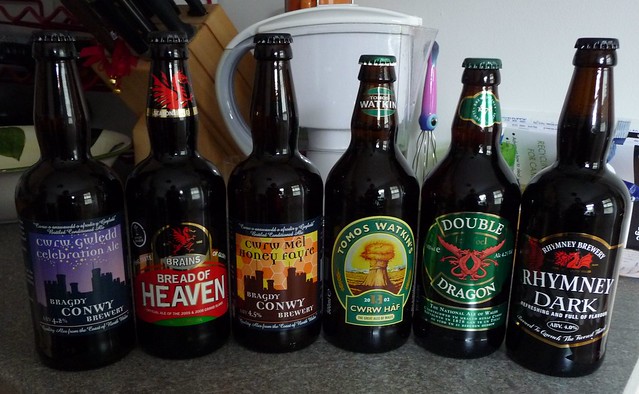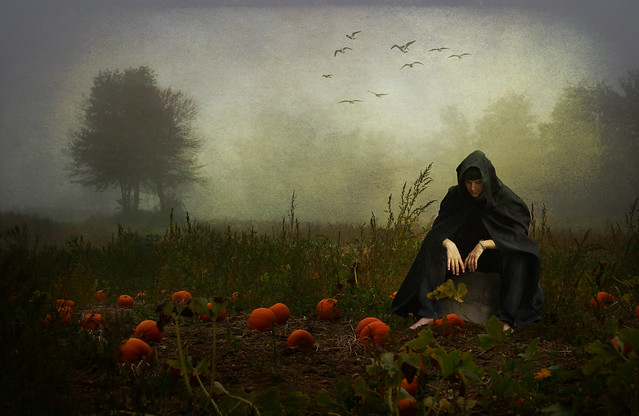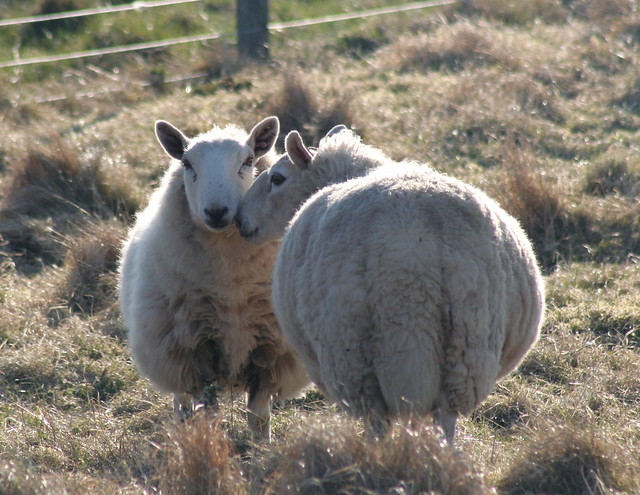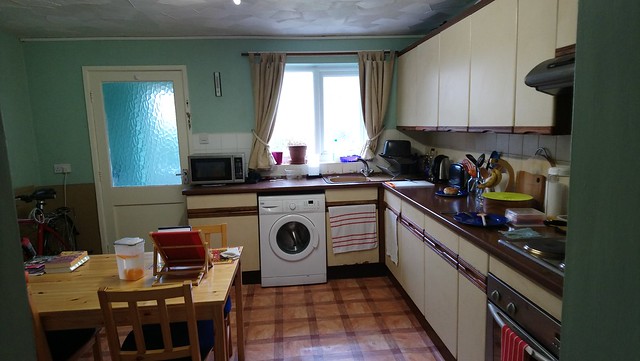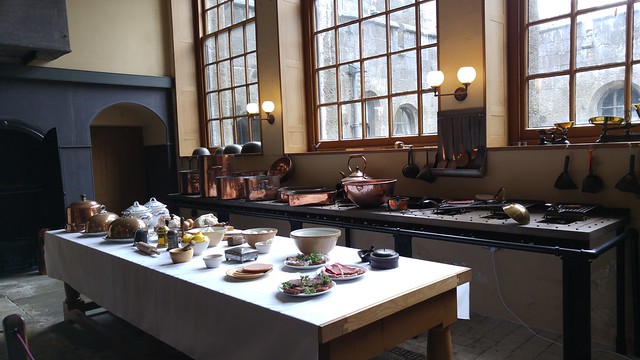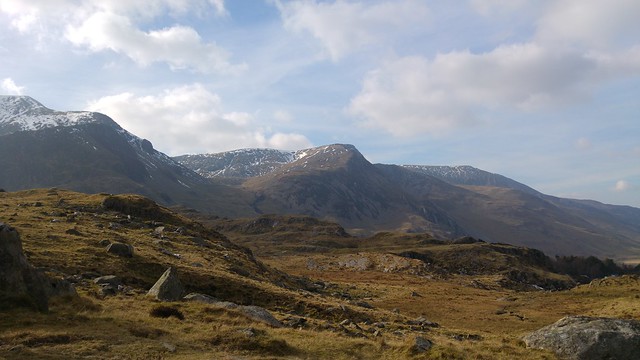Words for lakes, ponds and related things in Celtic languages.
| Proto-Celtic | *lindā = pool, lake |
|---|---|
| Gaulish | lindon = pool, lake; sea, ocean |
| Old Irish (Goídelc) | lind [l̠ʲiːn̠ʲ / l̠ʲɪn̠ʲ] = pool, pond, body of water, lake, sea |
| Irish (Gaeilge) | linn = pool, pond, body of water, lake, sea linn mhuilinn = mill-pond linn lachan = duck pond linneach = full of pools, watery linneolaíocht = limnology (freshwater science) linntreog = small pool, puddle, pot-hole |
| Scottish Gaelic (Gàidhlig) | linne [l̪ʲin̪ʲə] deep pool; strait, sound, firth linne-thuathal, faochag-linne = whirlpool Linne Giùdain = Firth of Forth Linne Shalmhaigh = Solway Firth éisg-linn = fishpond |
| Manx (Gaelg) | lhingey = pool, pond, backwater lhingey chassee = small whirlpool lhingey eeast = fishpond |
| Proto-Brythonic | *llɨnn = lake, liquid |
| Middle Welsh (Kymraec) | llynn = lake, liquid |
| Welsh (Cymraeg) | llyn [ɬɨ̞n/ɬɪn] = lake, pool, pond, puddle, moat llyn anoddun = bottomless pit, the deep llyn melin = mill pond llyn tro = whirlpool |
| Old Cornish | lin = lake |
| Cornish (Kernewek) | lynn, lydn = lake |
| Old Breton | lin = lake |
| Breton (Brezhoneg) | lenn = lake, basin, washhouse, fishpond, body of water |
Etymology: possibly from the Proto-Indo-European *liH-nd-o-/*liH-nd-u [source].
These words appear in places names such as Lincoln in England, Dublin in Ireland, Lintgen in Luxembourg, Limmat – a river in Switzerland (originally Lindimacus), and possibly strong>Lindern in Germany.
| Proto-Celtic | *loku = lake, pool |
|---|---|
| Old Irish (Goídelc) | loch [l͈ox] = lake, inlet of the sea |
| Irish (Gaeilge) | loch [l̪ˠɔx] = lake, pool, (body of) water, arm of the sea, lough, fiord lochach = having (many) lakes lochán = small lake, pond lochánach = having (many) small lakes loch-chuach = lake basin |
| Scottish Gaelic (Gàidhlig) | loch [l̪ˠɔx] = loch, lake lochach = pertaining to or abounding in lochs/lakes lochan = small lake, loch loch-mara = sea loch loch-tasgaidh = reservoir loch-uisge = freshwater loch/lake feur-lochan = small grassy loch (which tends to dry up) |
| Manx (Gaelg) | logh [laːx] = lake, lough, loch, arm of the sea loghan = small lake, pond, dam, tank, dock, pool loghanagh = full of lakes logh-hailjey = saltwater lake logh-ushtey = freshwater lake |
| Old Welsh | lichou = lake, pool |
| Middle Welsh (Kymraec) | luch, lluch = lake, pool |
| Welsh (Cymraeg) | llwch [ɬuːχ] = lake, pool, stagnant water, bog, swamp, marsh, mud, mire, grime, filth, dung |
| Cornish (Kernewek) | logh = inlet |
| Middle Breton | laguenn = flooded field |
| Breton (Brezhoneg) | loc’h = pond, lagoon, flooded meadow |
Etymology: from the Proto-Indo-European *lókus (pond, pool), which is also the root of the Icelandic lögur (liquid, fluid, lake, sea), and words for lake in Romance languages, including lac in French, Occitan and Romanian, and lago in Galician, Italian, Spanish and Portuguese [source].
Words marked with a * are reconstructions.
Sources: Wiktionary, Am Faclair Beag, Online Manx Dictionary, Teanglann.ie, eDIL – Electronic Dictionary of the Irish Language, In Dúil Bélrai English – Old Irish glossary, Geiriadur Prifysgol Cymru, Gerlyver Kernewek, Dictionaire Favereau, TermOfis, English – ProtoCeltic WordList (PDF), Etymological Dictionary Of Proto Celtic


